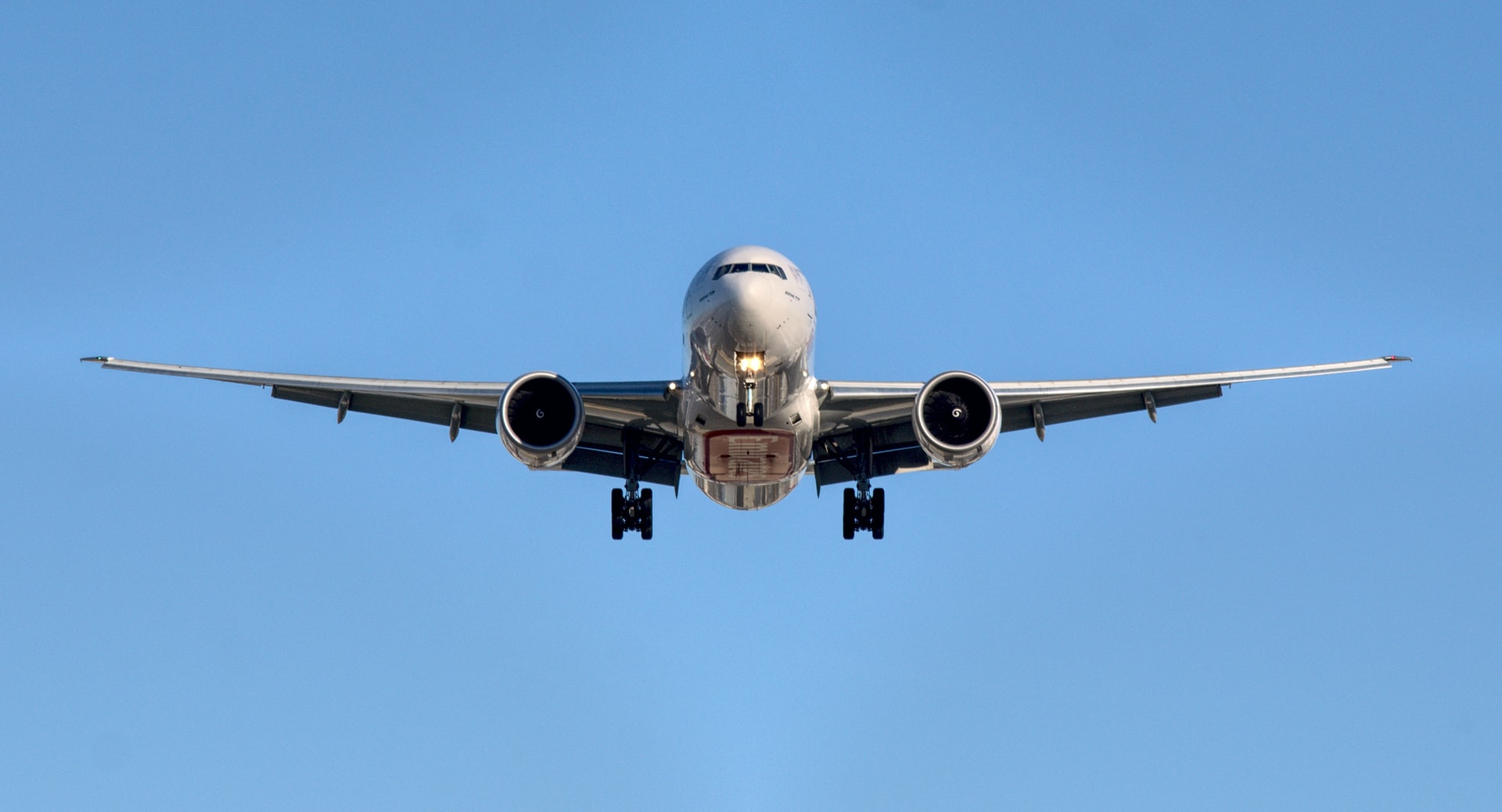On Tuesday June 16th, the International Air Transport Association (IATA) released the proposed criteria for COVID-19 testing during air travel.
“If governments were to introduce COVID-19 testing for travelers arriving from countries considered as high risk, the most critical performance criteria for testing to be effectively incorporated into the travel process are speed, scale and accuracy,” said Alexandre de Juniac, IATA’s Director General and CEO. “Testing must be cost-effective and not create an economic or logistical barrier to travel.”
The following criteria have been identified as ideal:
- Accuracy: False-negative and false-positive results must be below 1%
- .Speed: Results should be available in less than an hour
- Scale: If testing were to take place at the airport, a testing capacity of several hundreds of tests per hour must be possible. The use of saliva instead of nasal or throat swabs would reduce time and improve passenger acceptance.
1. When to get tested
If testing becomes a requirement, IATA believes it has to be conducted at departure. Governments would need to mutually recognize test results and information exchange should take place between passengers and governments the way e-visa clearances, for instance, are handled.
Testing would be required within 24 hours of travel and prior to check-in at the airport. Passengers arriving “ready-to-fly” reduce the risk of contagion. Before-airport testing could also enable airlines to re-schedule the flight of any traveller who tests positive.
2. Payment
According to IATA, testing ought to facilitate travel and not provide an economic barrier.
The Association has put forward the request that governments bear the costs of any mandatory testing. If testing were to be offered on a voluntary basis, it should be charged at cost price.
3. Testing positive
Testing prior to travel or at the point of departure is considered as the most efficient approach. If positive result is received, the passenger would not be able to travel as planned. Airlines have offered re-booking or refund possibilities in line with the airline’s commercial policy.
If testing is mandatory on arrival and a passenger tests positive, the passenger should be treated according to the requirements of the receiving country.
IATA underlined its concern that airlines do not bear the consequences of repatriation or that they are charged with financial penalties in the form of fines or withdrawal of the right to operate in the country in question.













